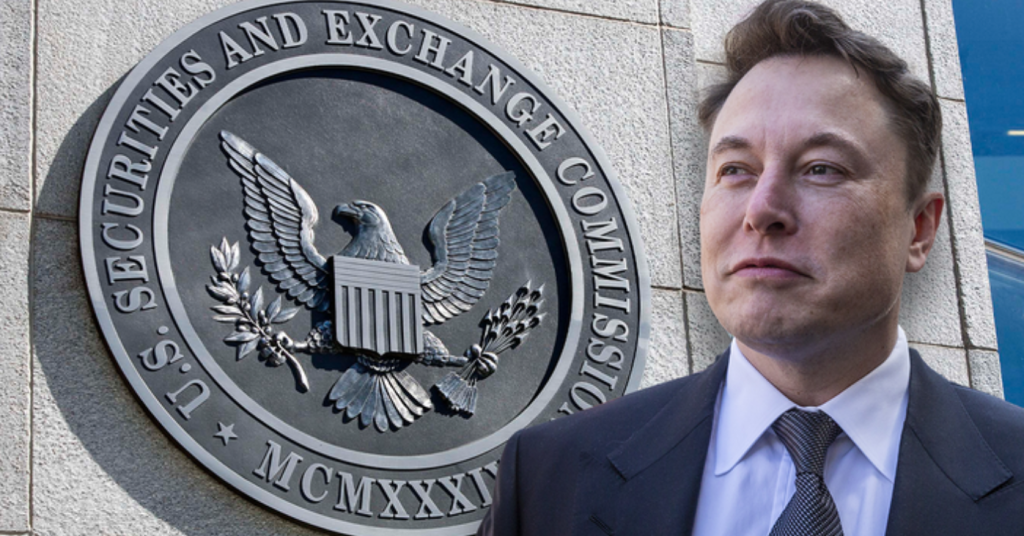
The Securities and Exchange Commission argued in a Tuesday filing with the U.S. District Court in Manhattan that Tesla and Elon Musk have “no valid substantive basis” to challenge a subpoena issued by the agency in November.
The subpoena is looking into Tesla’s “governance processes around compliance” with an amended 2018 settlement to resolve securities fraud charges, according to a 10-K filing.
The settlement was reached after the regulator filed a lawsuit against Musk claiming he made “false and misleading” statements about Tesla’s privatization plans when he tweeted he had “funding secured” to take the electric vehicle maker private at $420 per share. The lawsuit also alleged Musk “knew or was reckless in not knowing” that his statements were false and/or misleading.
In addition to Tesla and Musk each paying $20 million in fines, the settlement requires Musk to vet any tweets related to Tesla with a company lawyer before sending them out. Tesla was also required to add two new independent board directors and Musk was stripped of his chairman title. Under the terms of the settlement, Musk and Tesla neither admitted nor denied wrongdoing.
The SEC is currently investigating whether Musk complied with the pre-approval requirement before issuing a Twitter poll asking his followers whether he should sell 10% of his Tesla stake.
In a motion filed in February with the U.S. District Court in Manhattan, Musk and Tesla accused the SEC of weaponizing the 2018 agreement to target him with “unrelenting” investigations in an attempt to “chill his exercise of First Amendment rights.”
The SEC has denied the accusations, calling them “frivolous” and “baseless.” It claims that it has a “legitimate purpose” in investigating whether Tesla and Musk are maintaining and complying with appropriate disclosure controls and procedures as required by the federal securities laws.
“So long as Musk and Tesla use Musk’s Twitter account to disclose information to investors, the SEC may legitimately investigate matters relating to Tesla’s disclosure controls and procedures, including Musk’s tweets about Tesla, as well as the accuracy of Tesla’s public statements about its controls and procedures,” the agency wrote.
It also stated Musk voluntarily agreed to comply with the tweet pre-approval policy when the settlement was initially reached and that he “cannot meet the high burden” required to quash the subpoena and terminate or modify the consent decree.
“Musk cannot now cast off the Amended Final Judgment simply because he has found complying with Tesla’s procedures to be less convenient than he had hoped, or because he wishes the SEC would not investigate whether Tesla’s disclosure controls and procedures are actually being maintained and followed,” the regulator states.
Musk’s lawyer Alex Spiro has argued that the SEC cannot take action related to Musk’s tweets without court authorization. He also emphasized that Musk signed the agreement when Tesla was a less mature company and the SEC action stood to jeopardize the company’s financing.
Spiro and Tesla did not immediately return FOX Business’ request for comment on Tuesday’s filing.
























